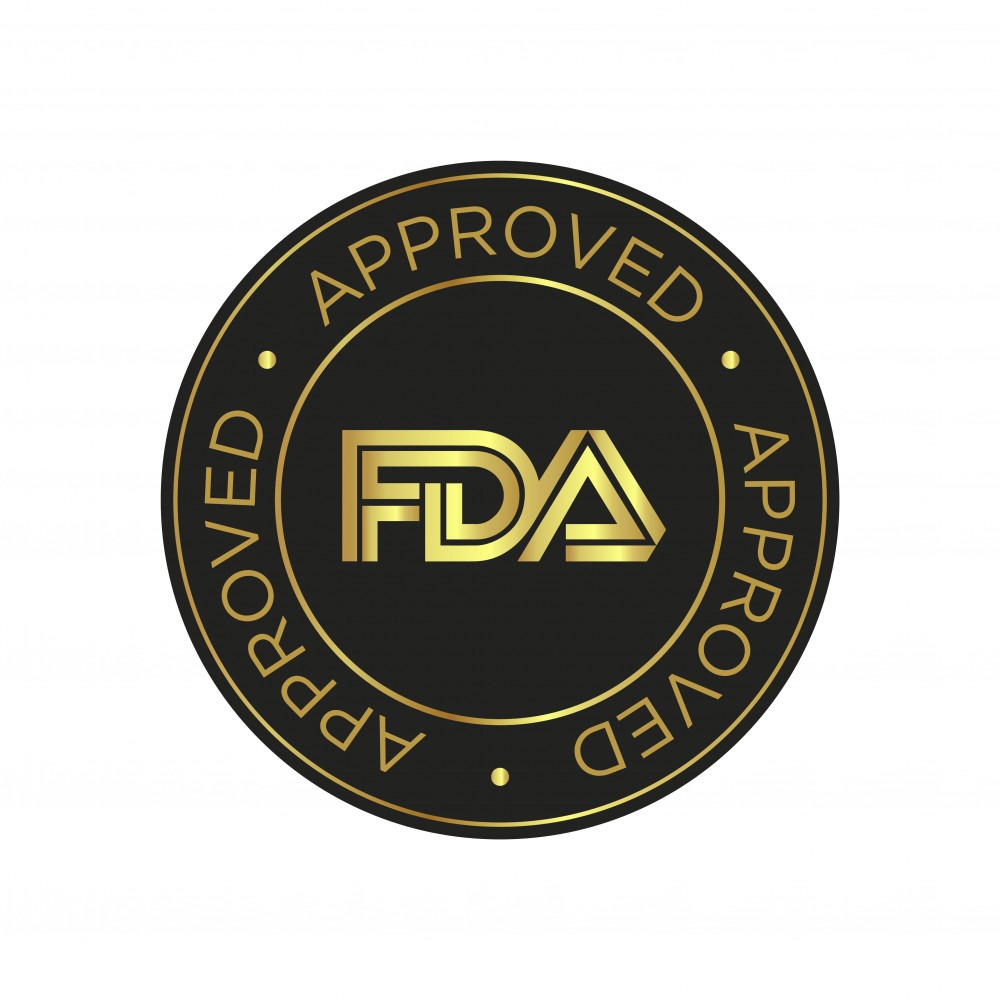
The U.S. Food and Drug Administration (FDA) granted this week marketing authorization of the BioFire Respiratory Panel 2.1, allowing it to become the first SARS-CoV-2 diagnostic able to be marketed past the ongoing COVID-19 pandemic.
BioFire Respiratory Panel 2.1 is a test by BioFire Diagnostics LLC, meant to detect and identify multiple respiratory viral and bacterial nucleic acids using nasopharyngeal swabs from suspected patients. Already operating under an emergency use authorization (EUA) from the agency, the test was granted this new distinction through the De Novo premarket review pathway. De Novo is a regulatory pathway meant for low to moderate risk devices of a new type.
“Today’s action is a great demonstration of the FDA’s work to protect the public health in emergency response situations and beyond,” FDA Acting Commissioner Janet Woodcock said. “We ensured there were tests made available quickly under EUA; and we continue to work with diagnostic manufacturers to take the next step of ensuring products are FDA reviewed for safety and effectiveness and authorized for marketing under our traditional premarket authorities. While this is the first marketing authorization for a diagnostic test using a traditional premarket review process, we do not expect this to be the last and look forward to working with developers of medical products to move their products through our traditional review pathways.”
The authorization was granted due to data from a clinical study of more than 500 test samples and analytical studies, which offered reasonable assurance that BioFire was safe and effective at its duties. It was therefore determined that it has validation beyond what is needed for emergency use authorization. As a result, the EUA was revoked and the new authorization was swapped in.
Despite the new authorization, the test is only meant for those suspected of respiratory tract infections such as COVID-19. Results provided by it are not meant to be the sole basis for diagnosis, treatment, or management of other patient-related decisions, and negative results could merely mean infection by respiratory illnesses not detected by the test or lower respiratory tract infections.
In addition to the authorization, the FDA is working on criteria — known as special controls — to define the requirements for labeling and performance testing. According to the FDA’s standards, these will allow a reasonable assurance of safety and effectiveness for such tests.
“Today’s action underscores the FDA’s ongoing commitment to expand access to testing while providing important safeguards through both our EUA authority and traditional review pathways,” Dr. Jeff Shuren, director of the FDA’s Center for Devices and Radiological Health, said.




